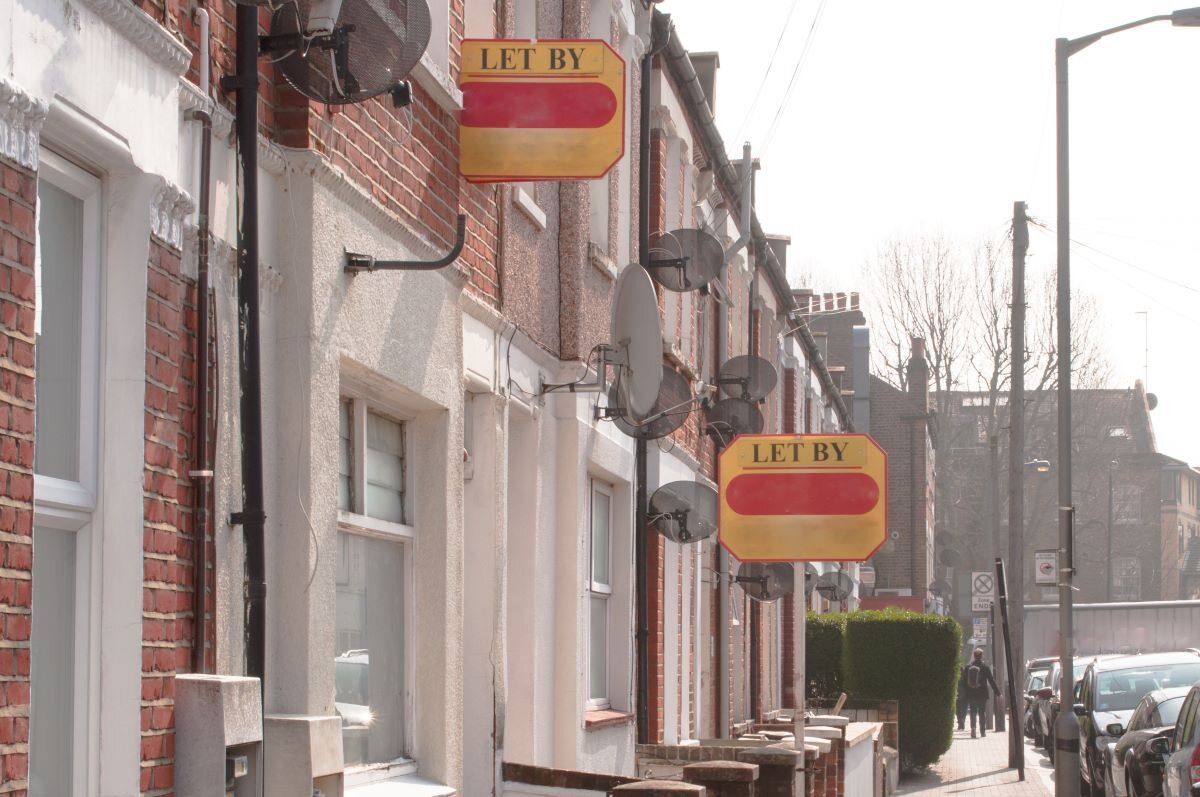Private renters are among the most vulnerable to the energy crisis. Over a quarter of renting households in the UK live in fuel poverty. Energy efficiency is the best way to bring bills down. But landlords have little incentive to invest, leaving tenants exposed. New energy efficiency standards would save renters £570* per year, lead to aggregate annual savings of £1.75bn, and help meet fuel poverty and energy demand reduction targets.
The UK government consulted on proposals for revised Minimum Energy Efficiency Standards (MEES) in 2020. Despite subsequently including these proposals in its Heat and Buildings, Sustainable Warmth and Net Zero strategies, it has not yet brought them to Parliament. The return of the Energy Bill in 2023 is a chance to revive the proposals. This briefing sets out how the government can do so in a way that ensures responsible landlords are supported.
Improving energy efficiency in the private rented sector is essential to combat fuel poverty, reduce UK energy demand and improve our energy security, and meet our net zero ambitions. Moreover, it can be done in a way that creates jobs and grows the economy.
This briefing is supported and endorsed by the following organisations:

Matt Copeland, Head of Policy and Public Affairs at National Energy Action, said:
“Private renters are more likely to be fuel poor than people in any other tenure, and more likely to live in the leakiest properties, often needing to spend thousands of pounds more than the average household just to keep a healthy temperature at home. Tightened minimum standards are key to ensuring that all fuel poor private renters can live in a warm home.”
Emma Harvey-Smith, Director at the Green Finance Institute, said:
“Decarbonising homes in the private rented sector offers an opportunity to address the cost-of-living, energy, and climate crises in the UK. Introducing revised minimum energy efficiency standards and fiscal incentives to improve private-rented homes will support those in fuel poverty, while also providing certainty to landlords, retrofit contractors and financial institutions on the timescales and demand for energy efficiency improvements.”
Dan Wilson Craw, Deputy Director at Generation Rent, said:
“It is clear what a positive impact minimum standards have already had for renters living in the worst properties. By improving insulation and heating in private rented homes, landlords allow their tenants to heat their homes at less cost which not only improves comfort levels but reduces damp and mould, and the health problems they cause. The government has to go further, not just for renters but for the sake of the planet and the country’s energy security.”
*E3G modelling based on English Housing Survey and Ofgem typical consumption values. The average savings for other housing tenures on being upgraded to EPC are £407 for housing association properties, £409 for local authority properties, and £639 for owner occupied properties. Based on the overall composition of the English housing stock, this gives an overall average saving for an English household upgraded to EPC C of £587.


